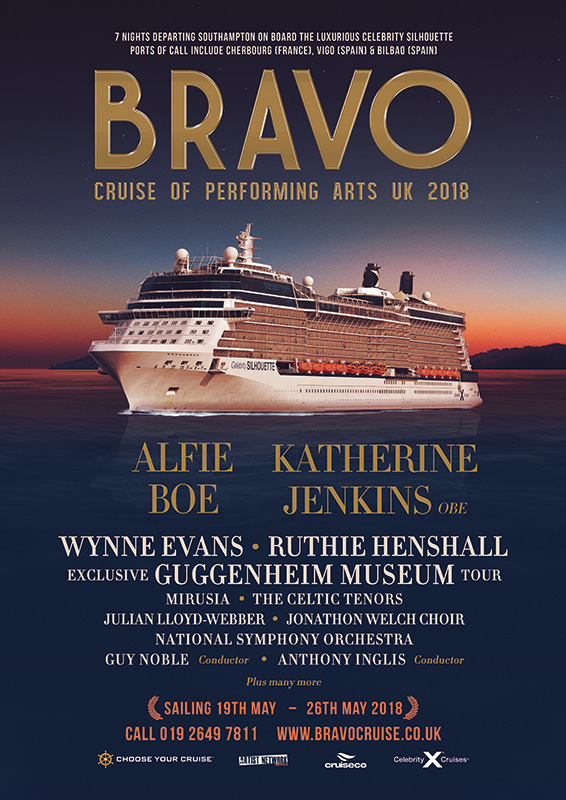At its most simple, CARisMA is the union between extraordinary classical guitarists Magdalena Kaltcheva and Carlo Corrieri.
But since they first collaborated in 2011, they have become much more than just a classical guitar duo. Inspired by Debussy and Einaudi as much as electronic masters like Daft Punk, the duo have revolutionised the way classical guitar is played.
By bringing together the old and the new and integrating elements from the contemporary and classical worlds, they have created an innovative sound all of their own.
From the outset, these two prodigiously talented guitarists wanted to create something altogether different from the concertos they had studied. Their journey led to a radical and acclaimed arrangement of David Guetta’s “Titanium” .
The success of “Titanium” sparked their imagination, leading to their new composition and single DoNAtion created with New Zealand electronic composer and producer Nigel Stanford. It is a track rich in melody, driven by Stanford’s ambient beats, creating a new genre that defies classification – but may explain the sound of a duo raised on classical, obsessed with Daft Punk and fascinated by science and nature.
The ‘DNA’ of DoNAtion refers to frequency of human DNA replication which is set at 8 Hz. CARisMA play their music at 432Hz, 8Hz below the international standard of 440Hz. 8Hz is also the frequency that activates both hemispheres of our brain.
DoNAtion is a watershed for Carlo and Magdalena and marks the most radical departure from their straight classical roots and a continued journey into uncharted waters.
“We think differently from most classical musicians,” says Carlo, “We enjoy all music and we’re young, so of course we listen to pop and electronica, they’re as much a soundtrack to our everyday lives as our classical background. And some of the most exciting composers today work in electronic music. It never made sense to us to ignore the modern world and restrict ourselves to classical compositions.”
“At the same time,” adds Magdalena, “We are inspired by so much more – everything from science to surrealism, Nikola Tesla’s experiments on free energy to Salvador Dali. Our base is in classical music, but there are many more colours that we can add to the mix.”
By working closely with Nigel Stanford, they have refined their sound and become pioneers in the classical and electronic music worlds – with audiences worldwide left in awe of their synth-driven experimentation.
Along the way, CARisMA’s radical new style has garnered much attention, leading to a performance in front of the world famous Italian tenor Andrea Bocelli who was astonished by their arrangement and performance of the Overture from ‘The Barber of Seville’ by Rossini.
Shortly after this performance, CARisMA released their debut album ‘Confessions‘, which featured film music from “Chocolat” by Rachel Portman, alongside a selection of jazz and classical standards which placed CARisMA amongst the greatest virtuoso guitar players. In June 2014, they embarked on their first solo tour in the Far East, performing in some of the most prestigious concert halls and expanding their repertoire to include their own arrangements of traditional Chinese songs.
Both Magdalena and Carlo had early introductions to music. Originally born in Sofia in Bulgaria, Magdalena Kaltcheva began her classical studies in Germany and was taught by the country’s most influential classical guitarists Jürgen Rost and Hubert Käppel. Carlo Corrieri, who grew up in Pisa, began his musical endeavours aged only seven years old and studied in Italy under the great concert guitarists Flavio Cucchi and Matteo Mela, before travelling to America to complete his studies.
“Carlo and I met during many guitar festivals and competitions around the world before becoming a couple in 2010,” says Magdalena. “A year later we created CARisMA after making 5 arrangements of Rachel Portman’s soundtrack to the movie called ‘Chocolat’ together with italian composer Giorgio Mirto. We loved the combination of the two guitars, and our different techniques fitted so well together that we decided to go deeper into that direction. It was very exciting to experiment with different styles of music, not just classical.
“We are composing every day, exploring the electronic sound more and more. No classical guitarist has done this so far and we cannot wait to see where it takes us next.”


